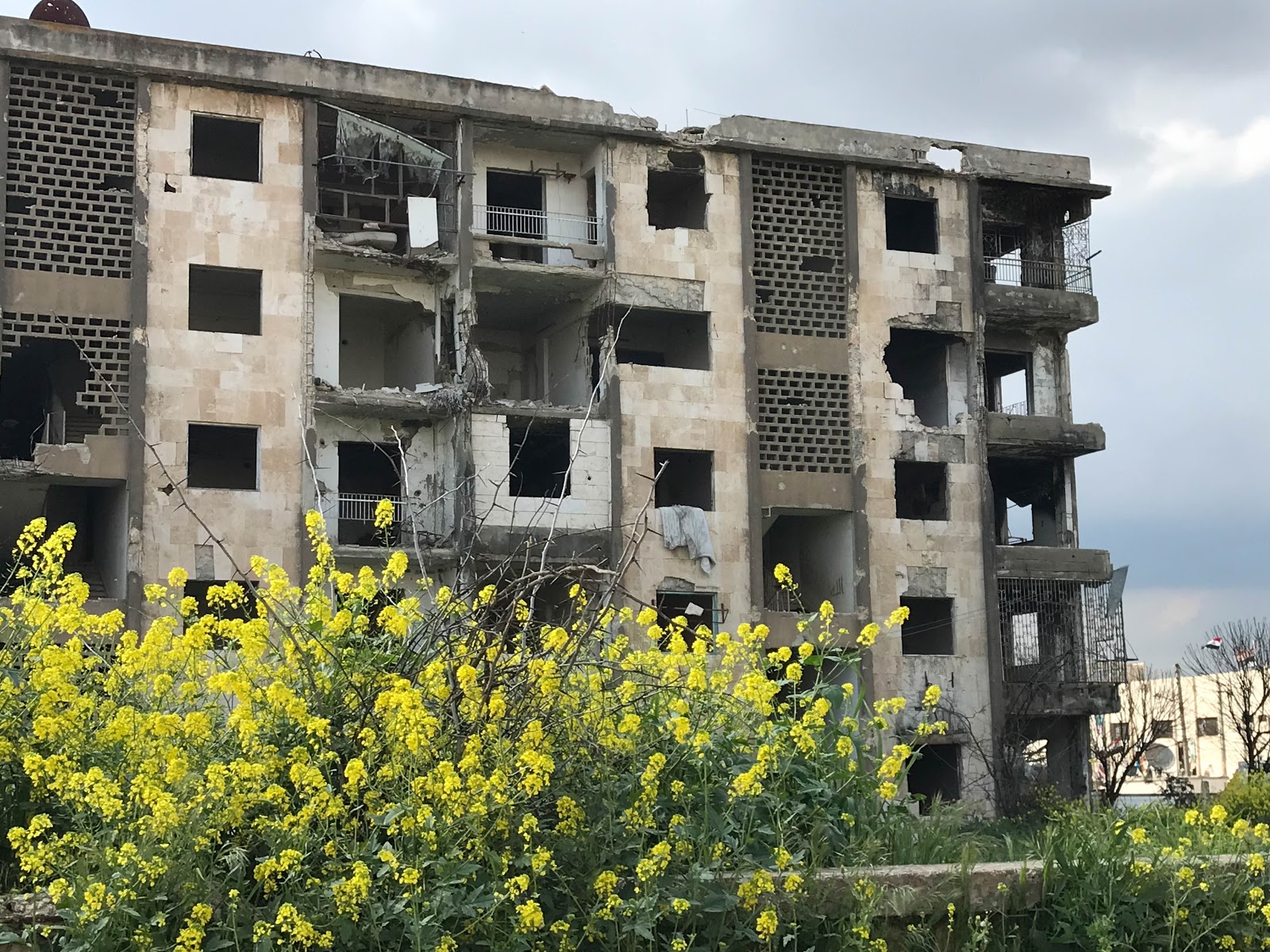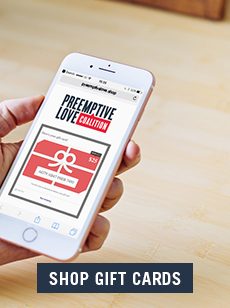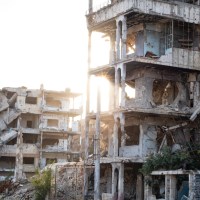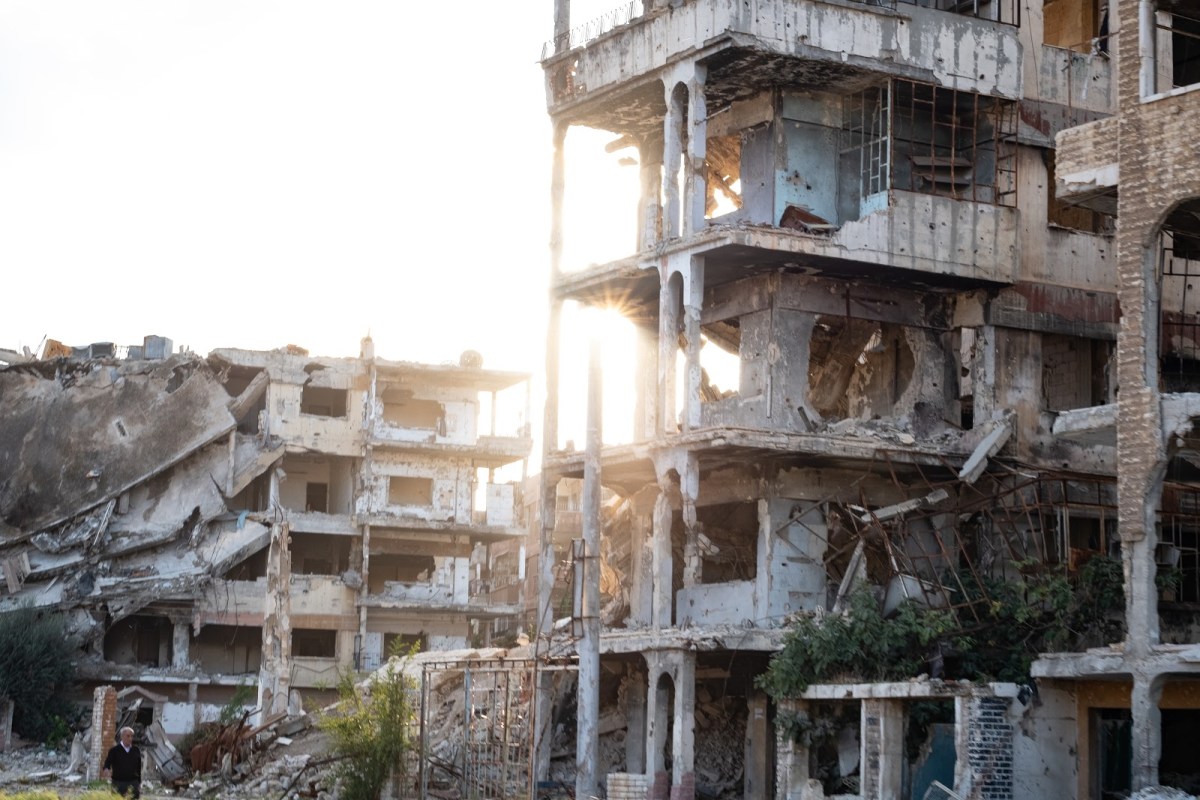For Christians, Easter is the culmination of Lent, a 40-day period of sober reflection. Some have joked that this year has been the “Lentiest Lent they’ve ever Lented.”
Whether you’re observing Lent or not, had your forehead smudged with a tell-tale cross in ash or didn’t, the last few weeks have probably felt dark and uncertain. As COVID-19 spreads around the world, as social distance swells and schools close, as jobs are lost and markets crash and businesses shutter, as children bicker and trips are canceled… it can all feel like we have no more to give up, no more to give.
There was never any real hope it would all be tidily wrapped up by Easter, a sudden end to 40 days of struggle. The days and weeks will continue to unfurl—more deaths, extended restrictions, the continued weight of uncertainty.
We are marked not by ash but weariness.

This darkness and uncertainty is new for so many of us. But not for homeless families fleeing war in Syria, for young adults in Iraq out of work and hounded to join ISIS, for those fleeing gang wars and desperate poverty in Central America.

They know the pain of unspeakable loss, of not knowing when the next paycheck, or the next meal might come. They know the dread of a lurking enemy, unsure if and when it might strike. They know this darkness.
The dark isn’t meant to be rushed through or cast aside. It’s not a checkmark that we complete so we can move on to the “good stuff.”
The dark can be a gift, if we let it. A breath, a release, a sacred resting space. The tunnel that carries us forward, toward the light that is ahead.
But what if, even while we are still in these dark and broken places, we became the light we are searching for?
When we show up for our neighbors.
When we hold space for others, without judgment or expectation.
When we welcome rather than exclude.
When we create safe spaces.
When we stand with the marginalized, the vulnerable, the misunderstood, the lonely.
Each encounter a spark, a brilliant flash of light, a thread of hope to tie our days together.
Passover, Lent, Easter, and Ramadan—each of these has recently passed or will soon begin. They celebrate birth and freedom, reflection and preparation. Families and friends socially distant but gathered around a central faith, a hope.
Will we be a people who continue to live in darkness, in the somber days of uncertainty and death and division? Or will we all, across oceans and cultures, across the distance of different beliefs and values—walk with each other through the shadows.
Will we be the light our world so desperately needs?


